
When you bring home a small breed puppy, one of the important things is to socialize them as early as possible. Actually, socialization is a key developmental stage for every puppy, they will learn important knowledge about the world around them in this period. The first three months after birth will affect the puppy’s worldview for the rest of their life. Unfortunately, some small breed puppies missed the socialization training, because many people think that the socialization for small breed puppies is not as important as for large breed puppies.
In fact, there is no real difference between small breed puppies and large breed puppies when considering teaching them to socialize with people, other dogs and new environments. However, you may need to take some extra measures to make sure that your small breed puppy is safe in socialization.
This video is owned by the original creator on YouTube and is embedded in compliance with YouTube's Terms of Service. Our website provides independent commentary and analysis.
1.Creating an Environment Safe for Small Puppies
Before socialization, you’d better to make sure your small breed puppy own a safe and comfortable environment to grow in. As we all know, small breed puppies are curious but fragile, and even simple household items can bring risk. A carefully prepared family gives them confidence to explore, and helps make sure they can get positive early experience.
At first, you need to take good home safety measures, such as putting electric wire, cleaning supplies, and small objects far away from them, and closing off stairways or dangerous areas. Small breed puppies have fragile bones, so you need to try your best to prevent them from jumping off furniture. You can use ramps or cushions if needed.
In order to let your puppy have a good rest and feel secure, you’d better to provide them with a quiet and comfortable place. You can choose a small bed or a cage located in quiet place where is far away from noise, crowds, and other pets.
When your puppy interacts with new people or dogs, you’d better to monitor their interactions. Actually, soft touching and calm behavior helps them feel safe. You need to choose toys and play areas suitable for your puppy’s size, and make sure outdoor spaces are properly fenced and clean.
In addition, you can provide a quiet, safe and structured environment, so that can help small breed puppies learn about the world confidently and lays the foundation for healthy socialization.
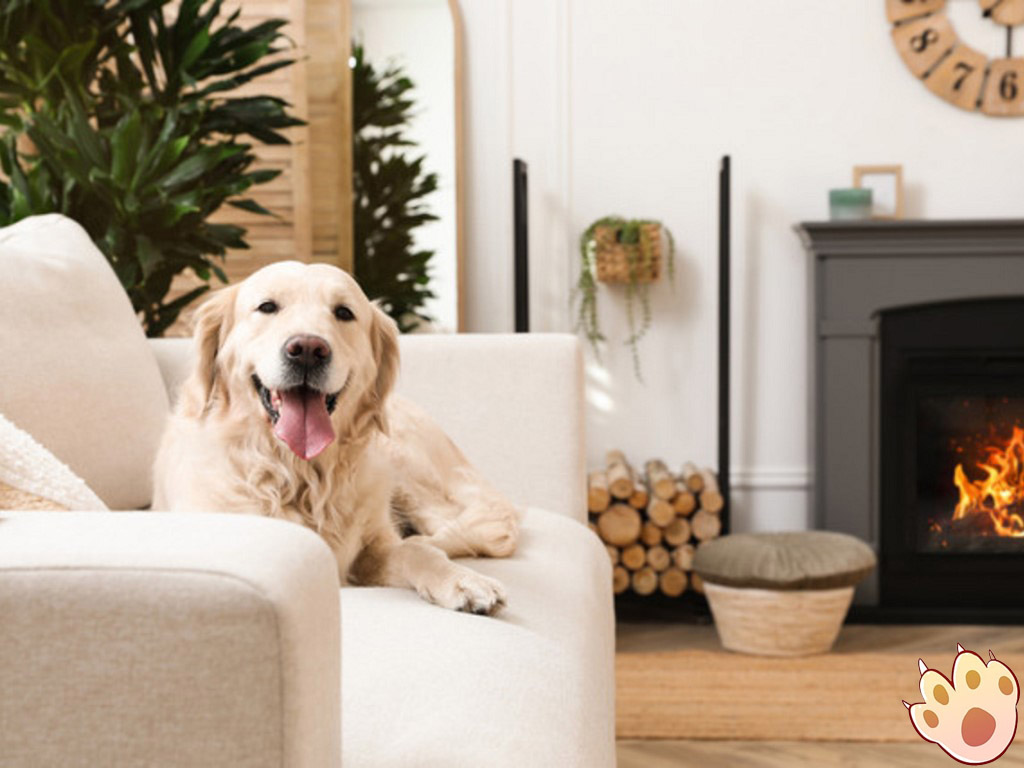
2.Introducing Small Puppies to Larger Breeds
If you want to introduce your small breed puppy to large breed puppy, you need patience, supervision and thoughtful preparation. Since small breed puppies have different size with larger breeds, small puppies are easier to feel scare or even get injured. Therefore, you can use a calm and gradual method, so that can help dogs build trust and a positive connection.
When you introduce small puppies to larger beeds, it’s best to choose quiet places, such as the corner of park or fenced yard, so that can make sure neither party is territorial. At first, you need to ensure both dogs on leashes, and let them to observe each other from a distance. In addition, you need to pay attention to their body language, for example, relax tails, sniffing and gentle curiosity are good signs, while stiffed postures or braking means it’s time to pause and try again later.
When both two dogs feel comfortable, make them to get close slowly, and you need to continue observing their behavior. You can reward them with gentle praise or treats in a calm interaction. In addition, you need to make sure the first meeting should be short and positive so that can prevent your small breed puppy stress or over-excitement.
In fact, once both two dogs know each other, you can slowly let them off-leash play in a safe and closed area. In order to help your puppy gain confidence, you can choose large, gentle, and friendly dogs for early meetings. In addition, you need to keep your puppy away from dogs that play too roughly or are too active, because they could unintentionally hurt your puppy.
If you insist on consistent and careful introductions, your small breed puppy will learn how to interact confidently with dogs in different sizes. This also can help your puppies develop good manners, confidence, and social balance.
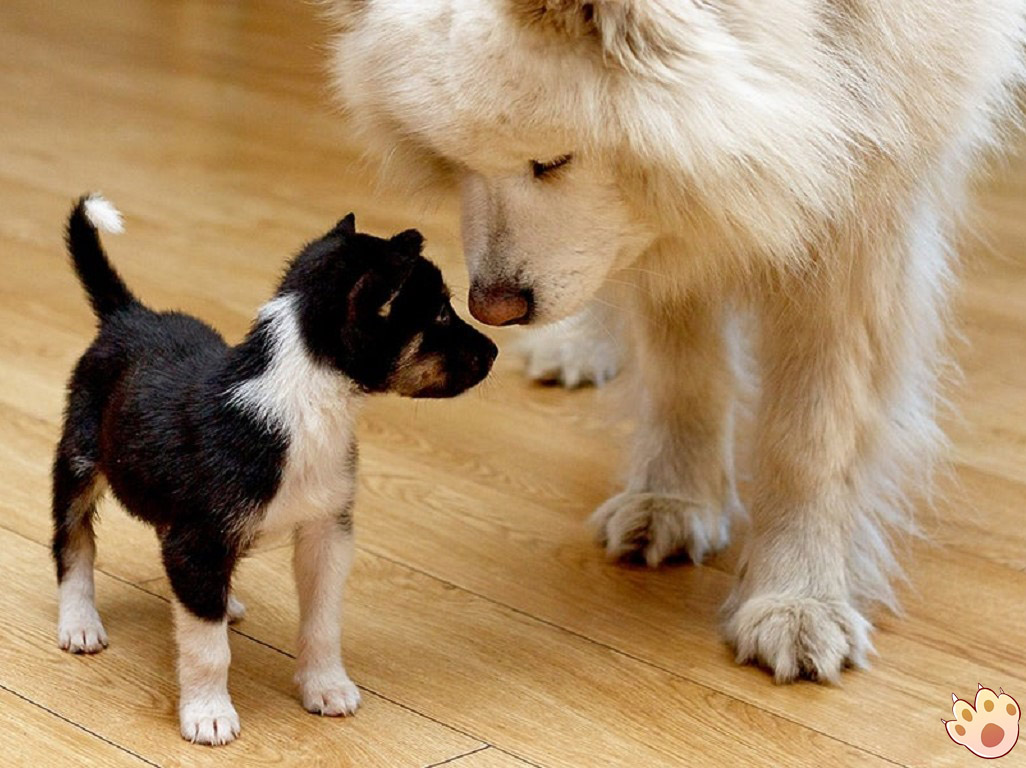
3.Staying Safe in Crowds
In fact, small breed puppies are easier to be frightened, or being stepped on by the people who isn’t paying attention. When you want to bring your small breed puppy to crowded public places, you can choose the plcaes with few people, when they get used to, you can bring them to the places withe more people. In these socialization, you should try you best to walk along te edge of the crowd to make sure safe distance between your puppy and the group, and avoid accidently being stepped on or experiencing unbearable situations.
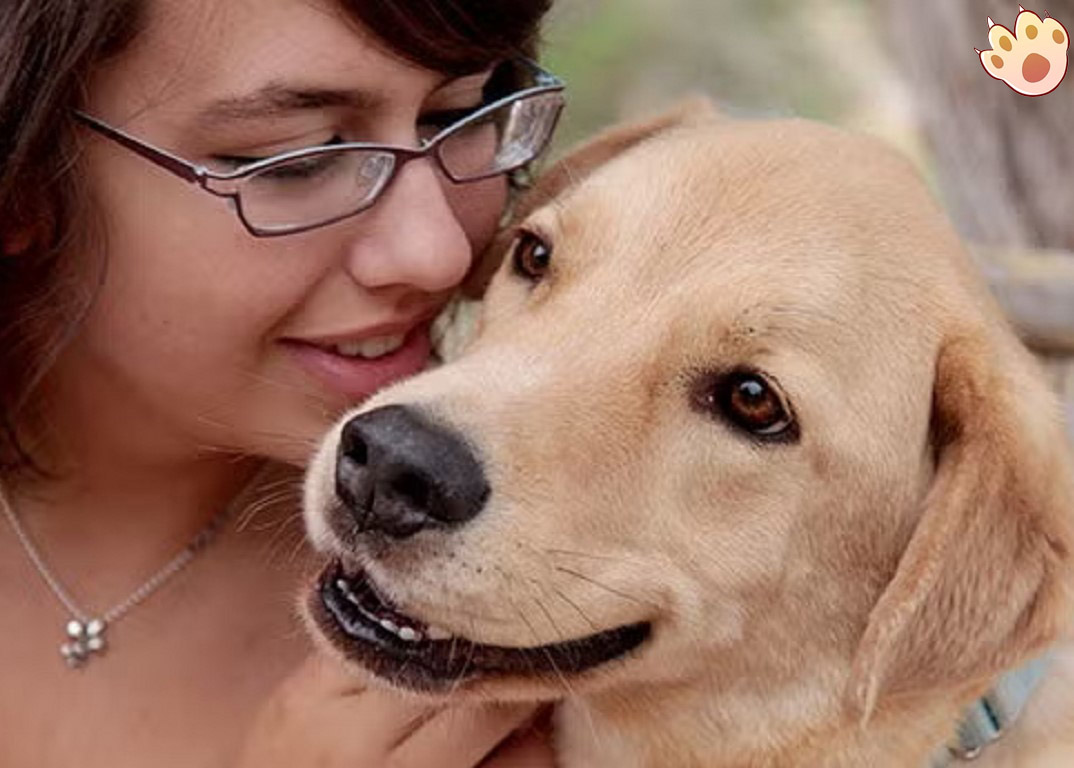
4.Let Your Puppy Take the Lead
Just like human beings, each small breed puppy has his own pace in socialization. For example, some puppies are naturally curious and brave, while others may be shy or cautious when they face strange peoplle, places or sounds. Yo need to remember that the key is to obey the comfortable level of small breed puppies and let them take the lead.
You need to avoid forcing small breed puppies into anxious or scared situations. For example, if they are unwilling to get close to new people or dogs, you should give them time to observe and decide when they feel ready to get closer. If your force them contact too early, it can cause fear and make future socialization more difficult.
When small breed puppies show curiousity or confidence, you can gently encourage them with calm praise, treats or their favorite toys. These positive experiences help them build trust and learn that new enviroment are safe and rewarding. You need to keep each interaction short, pleasant, and end on a happy note.
It’s important to remember that successful socialization isn’t about how quickly your puppy meets new people, it’s about ensuring every expericence is positive. By respecting their pace and emotions, you will help your puppy grow into a confident, happy and well-adjusted adult dog.
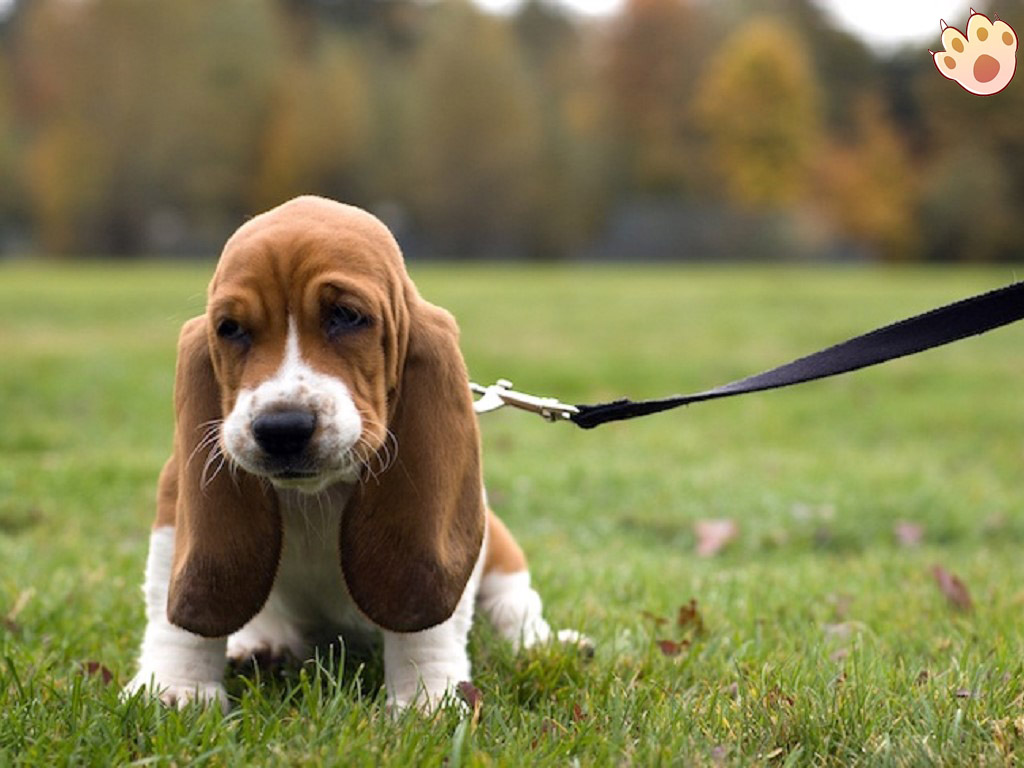
What if Your Small Dog Is Struggling to Socialize?
Normally, small breed puppies sometimes show signs of frustration or distress, these signs may be misunderstood as cute or interesting behaviors, and not carefully treated. However, their small size does not mean that their feelings are not important. Pet experts encourage owners pay more attention to small breed puppies’ early signs of discomfort, such as lip licking and aversion, and point out these signs should be carefully treate as barking or bitting.
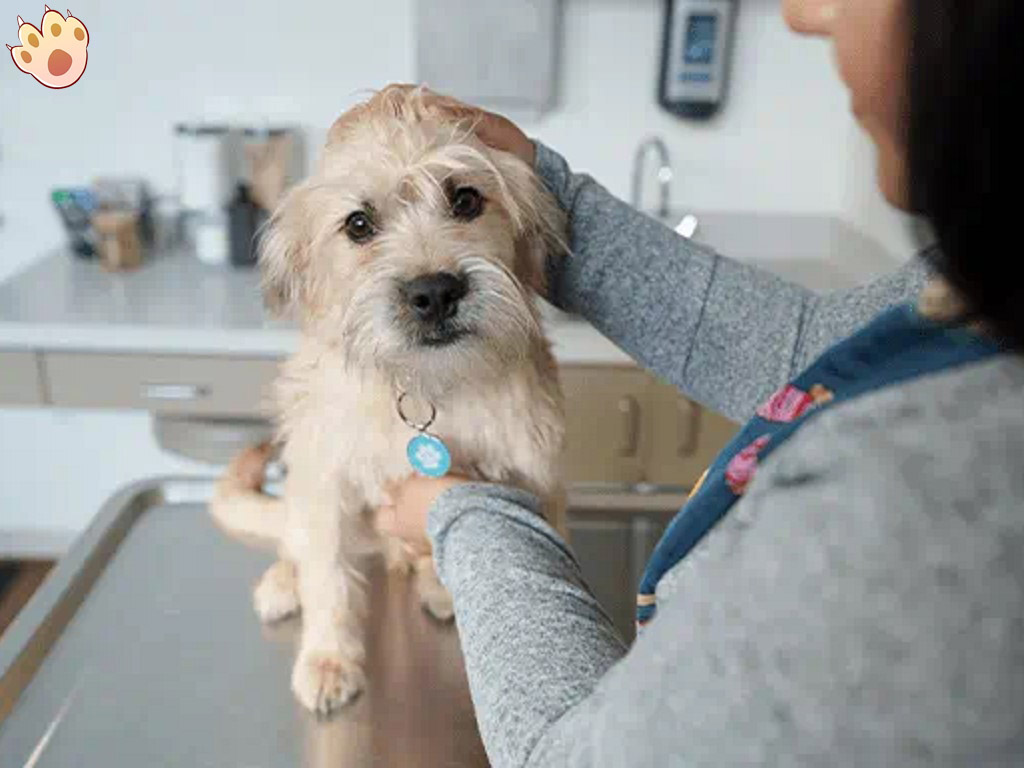
In fact, if a puppy feels uncomfortable, they may duch or counch during training or play. If you notice your puppy showing any signs of discomfort, it’s time to take a step back and remove them from the stressful situation. When puppies exceed the threshold, we can end up in a situation of “trigger stacking” where the puppy is unable to learn or make positive associations. We hope our puppies know that we’ll support them and won’t make them to uncomfortable enviroment. One pet expert explained that if your puppy believes that you will help them to deal with the first signs of anxiety, they will believe you and become more confident as they grow into adult dogs. If your puppy faces difficulities in socialization or training, you can consult an experienced dog trainer who uses positive reinforcement training methods. In fact, a good trainer can help your puppy build confidence through guided socialization sessions or create a detailed training plan based on your puppy’s development and personality.
2018-2026 © PupsLover.All Rights Reserved.